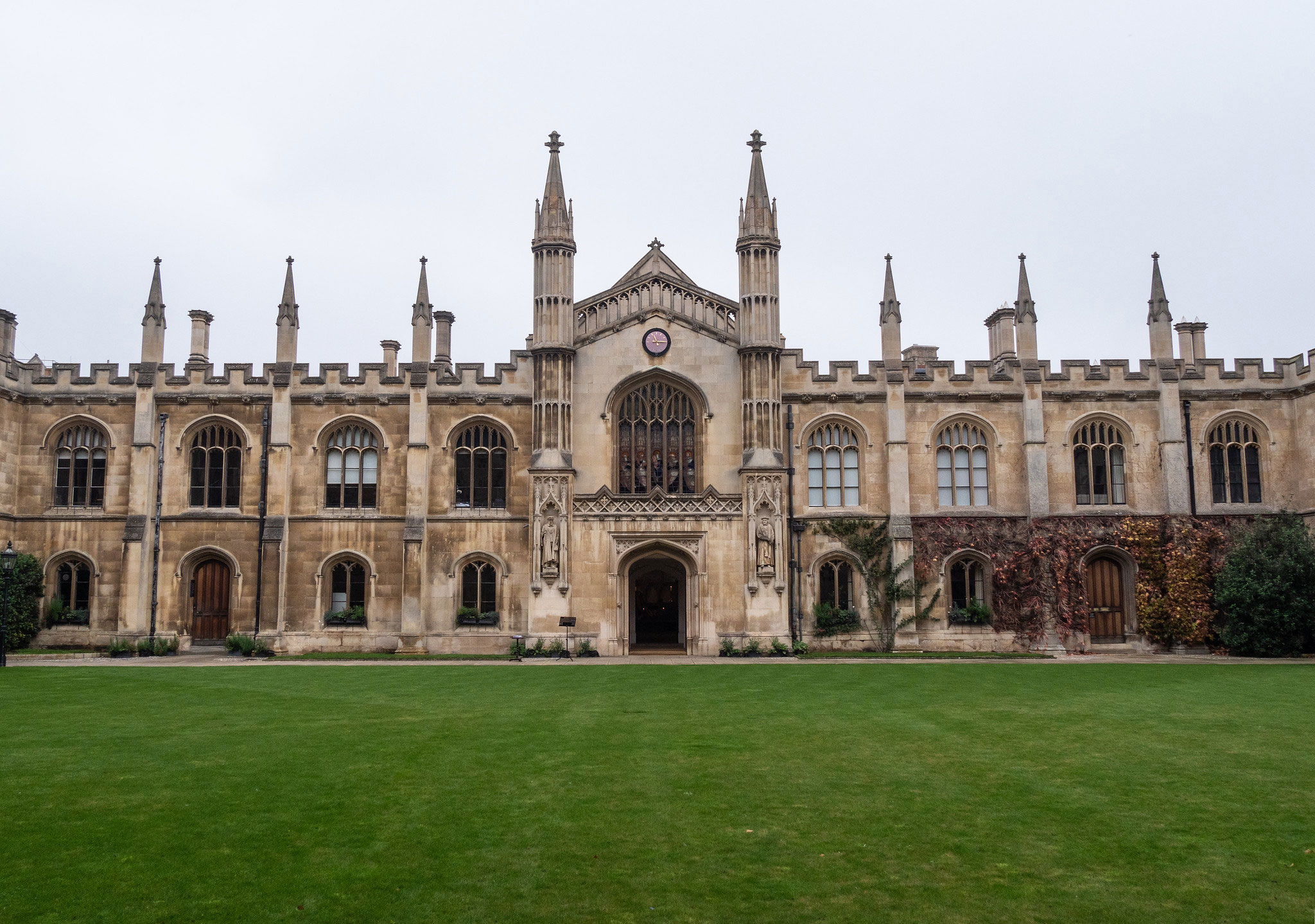When most people hear that I’m reading psychology at the University of Cambridge, their first question is, “Why psychology?” For me, the answer is simple. Psychology influences every aspect of our lives, from our thoughts to interactions with others. These behaviours, including their causes and impact on society, fascinate me. Reading psychology at Cambridge has opened several opportunities for me to explore human experiences.
The Psychological and Behavioural Sciences (PBS) Tripos at the University of Cambridge
The Psychological and Behavioural Sciences (PBS) Tripos or course at the University of Cambridge simultaneously explores the scientific and humanities aspects of the mind, bridging the gap between the two academic domains. It encourages undergraduates to develop a profound understanding of psychology’s cognitive, social, developmental and biological aspects, including psychopathology, language, brain mechanisms, family relationships, personality and social behaviour. Each Tripos comprises modules or subjects within the overarching realm of psychology. While some are compulsory requisites of the Tripos, others are selected, or ‘borrowed’ from a range of other Tripos. Choosing classes is common in US liberal arts colleges but rare in the UK. However, the University of Cambridge lets students specialise in specific courses and explore other interests.
The Psychological and Behavioural Sciences (BA) Tripos at the University of Cambridge is a three-year-long degree divided into three parts: IA, IB and II.
Part IA and IB
Students must take four modules in the first two years. Two modules are compulsory and a part of the PBS Tripos, while the other two are optional modules to be ‘borrowed’ from other Tripos. For example, PBS2 (Psychological Enquiry and Methods) and PBS4 (Cognitive Neuroscience and Experimental Psychology) are foundational courses that help develop the required research methods and inquiry skills. The practical laboratory sessions for these modules, with access to top-notch facilities, opportunities and academic mentors, are just as interesting and insightful. For my first laboratory session, I had to hold a human brain! I did not know what to expect from it, and I won’t forget that experience anytime soon.
From the optional modules, you can select anything from the Sociology and Politics to the Human, Social and Political Sciences (HSPS) Tripos to Archaeology and Philosophy. So rest assured, you’ll have plenty of opportunities to broaden your learning horizons. This course structure allows for more exploration since the marks obtained in the first two years of PBS do not contribute to the final grade. Hence, only the course’s final exams in Part II (Year 3) determine the degree classification.
I chose Sociology and Social Anthropology as my optional modules in my first year. Since PBS is science-oriented, exploring psychology from a humanities angle offered an interesting perspective. It opened new avenues, so I decided to continue with it at the next level in Part IB (my second year).
A possible disadvantage of this system is that the optional modules are borrowed from other Tripos. That’s why students from PBS are not guaranteed to study their first choice from HSPS modules. Also, some papers are ‘capped’, severely limiting one’s chances of being selected to study the course. For example, only 7/100 students can take sociology in the second year. Lastly, students are examined with the rest of their module cohort at the end of the year, overlooking the Tripos. This means that a PBS student borrowing a Natural Sciences paper about evolution will be assessed with the same rigour as another student specialising in Biology.
Part II
The compulsory dissertation of 7,000 words is perhaps the most distinctive aspect of the third year. It offers undergraduates an excellent opportunity to conduct research under the guidance of supervisors who have excelled in certain fields. Besides, all the other modules are optional. You may explore criminology, social and developmental psychology, cognitive and experimental psychology, or behavioural and cognitive neuroscience.
BPS Accreditation
The method of teaching psychology at the University of Cambridge is accredited by the British Psychological Society (BPS). Apart from the MBPS (Member of the British Psychological Society) title attached to successful graduates’ names, this recognition significantly increases the credibility of the PBS degree. While the membership offers access to top conferences, publications and other resources in the psychology domain, it is also a prerequisite for many postgraduate and doctoral programmes. Remember that the BPS accreditation will go a long way if you want to pursue a career in clinical psychology or psychiatry.
Future after PBS
PBS undoubtedly equips students with a profound understanding of psychology and supports them with a commendable degree. Many graduates continue pursuing their research, possibly as an extension of their learnings during the course. PBS graduates are also eligible for professional courses in clinical, educational, forensic and applied psychology.
Apart from securing positions in psychology-related fields, you can also apply learnings from the PBS course to other professions in media, management, finance, law and business. Hence, PBS truly opens endless doors for its graduates.
Psychology at Cambridge or Oxford?
The Psychological and Behavioural Sciences (BA) Tripos at the University of Cambridge differs from the Experimental Psychology course offered by the University of Oxford. While both PBS and Experimental Psychology teach modules such as neuroscience and social and developmental psychology, cognitive psychology is unique to PBS.
The subject entry requirements are another key difference between psychology courses offered by both universities. Experimental Psychology at the University of Oxford requires applicants who have pursued “one or more science subjects, including psychology, or mathematics”. Meanwhile, PBS at the University of Cambridge University does not have any specific subjects requirement, except some colleges within the university require A Level/IB Higher Level in one or two science and/or mathematics subjects.
If you are interested in studying psychology, reach out to The Red Pen for further guidance on pursuing your passion at coveted institutions such as the University of Oxford and the University of Cambridge.
Preksha Jain is a guest blogger and current student at the University of Cambridge. She is reading Psychological and Behavioural Sciences and aspires to specialise in education consultancy and consumer behaviour. Preksha graduated the IBDP from Dhirubhai Ambani International School and has worked with firms to host mock Oxbridge interviews, review applications and help students secure admission into some of the world’s top universities.





